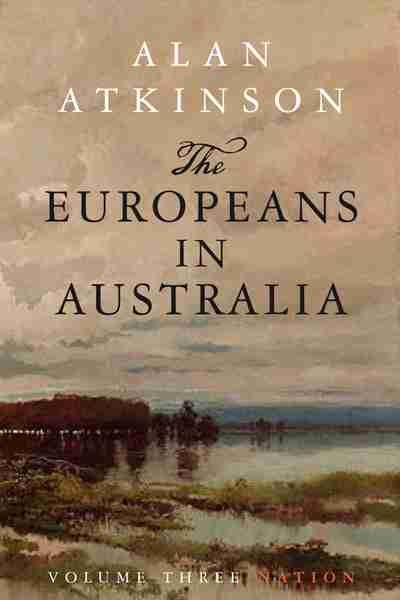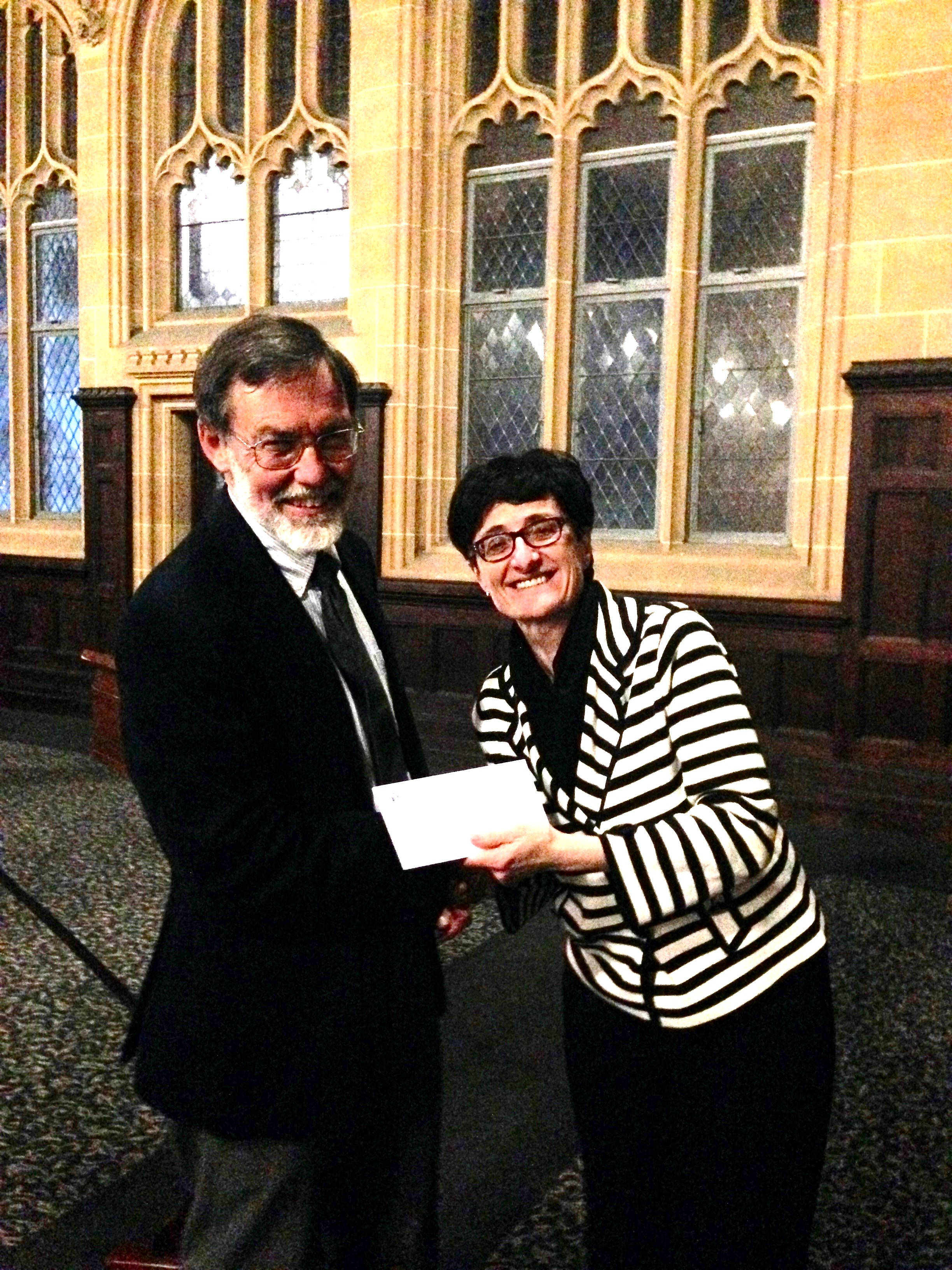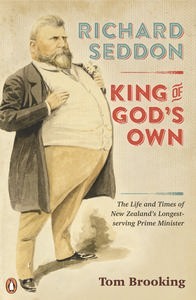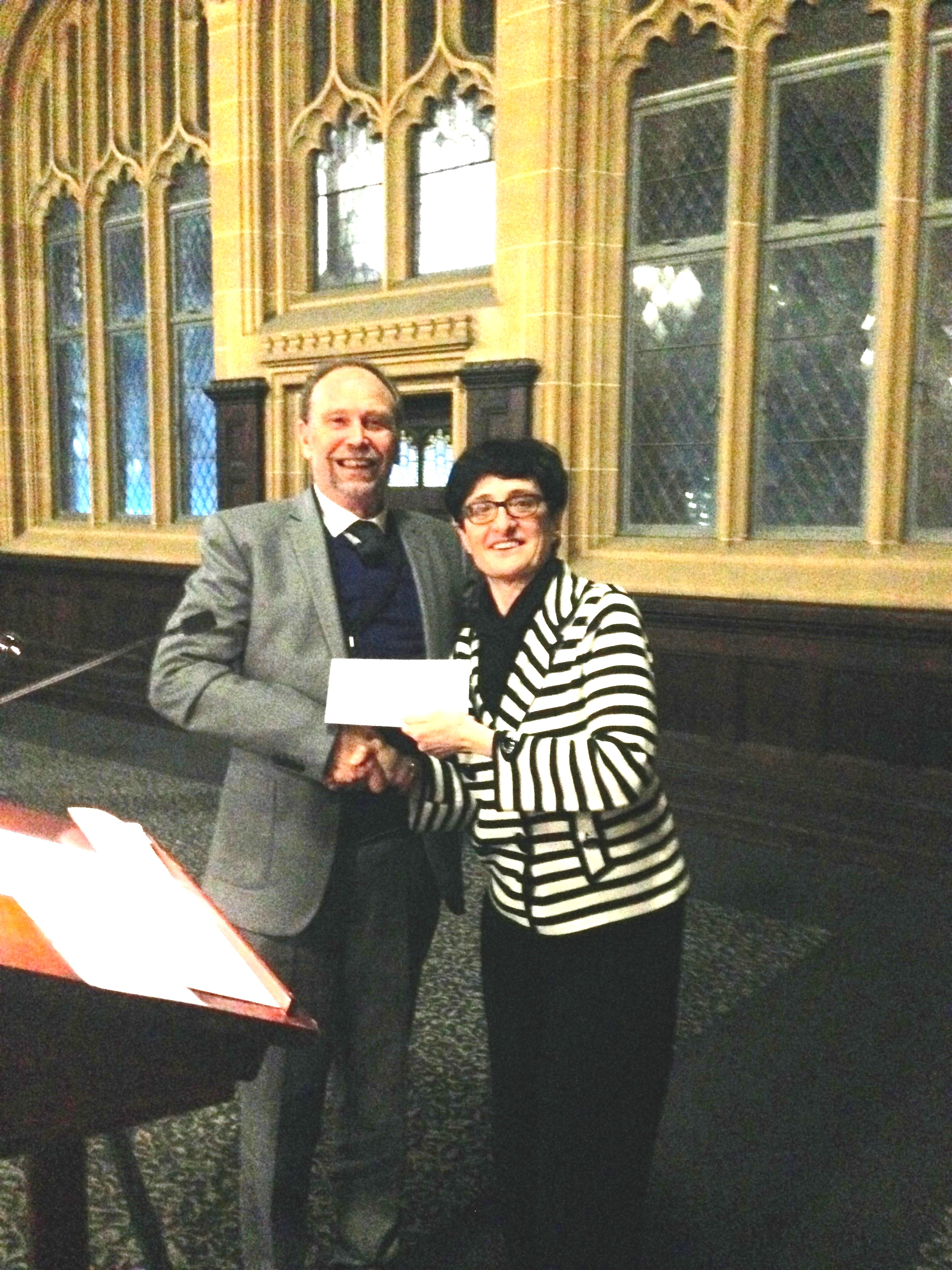2015 Ernest Scott Prize Winners Announced
The Faculty of Arts, in conjunction with The Australian Historical Association, is excited to announce the joint winners of the 2015 Ernest Scott Prize are Alan Atkinson and Tom Brooking.
Alan Atkinson, The Europeans in Australia: Volume 3: Nation, UNSW Press, 2014

In the third and final volume of his history of The Europeans in Australia, Alan Atkinson pursues his inquiry into relationships between community and communication in Australia during the period between 1870 and the end of the First World War. The idea of 'Australia' nourished the hopes of those who judged their progress in moral or spiritual terms as it took shape in ways political, especially in the process of federation.
Showing how maps made people think differently, reading lessons changed accents and telephones connected voices, Atkinson's work is akin to a 'bottom up' Australian version of Benedict Anderson's Imagined Communities. He enables us to sense change through evolving notions of manhood and womanhood, and moves nimbly between colonies and schools, families and parliaments, Aboriginal-White frontier violence and urban clubs. All the while, he says, Australians were feeling their way towards a marriage between continental nationhood and moral purpose.

from Professor Joy Damousi.
Nation is organised mostly by considering Australians wondering and striving in relation to Enlightenment ideals in their distinctive circumstances. Atkinson turns to lead figures in this wrestle, such as Alfred Deakin and Rose Scott, and joins them with glimpses of Australia as seen from regional newspapers, medical pamphlets, and diverse other sources. His great skill in exposing and reflecting on different forms of Australian conversation is to invite us into the realms by which Australians understood themselves and the times in which they lived. He achieves intimacy with his many characters by giving them their voices and by standing, as an author, in a close and sympathetic listening position. The result is a rich, and often audible, vista of humanity.
Congratulations Alan.
Tom Brooking, Richard Seddon, King of God's Own: The Life and Times of New Zealand's Longest-Serving Prime Minister, Penguin Books, Auckland, 2014

Tom Brooking has produced a handsome, richly illustrated biography of Richard Seddon, New Zealand's longest-serving Prime Minister (1893-1906) and arguably the country's greatest leader. As Brooking shows in detail, Seddon was a defining leader through times of policy reform that did much to define the social contract in New Zealand. He was not always the primary agent of change, and followed slowly rather than led the move towards the vote for women, but his dedication to reducing inequality and building a robust role for the state in this ongoing task was unstinting. It extended to important infrastructure such as the railways, institutions such as the Bank of New Zealand, and polices ranging from pensions and housing to energy and environmental protection.
One of Seddon's great strengths was his preparedness to strike out on foot through the electorates, and engage with those who would seek to speak with him. He was a big man, and through the pages of this big, meticulously-researched book (including a rich, 36-page Bibliography) we feel his strides. The strong connection with people underpinned his transformation into popular and even populist leader. As Brooking shows, he was always solidly grounded too, in his formative experiences of growing up in a rugged masculine environment and cutting his political teeth by championing miners' rights (while developing an enduring hostility to Chinese immigrants) and better education, roads and services for the west coast.

from Professor Joy Damousi.
Seddon was known for his dedication to family, and a talking point was his appointment of his daughter Mary Stuart as his private secretary. As Brooking makes clear, his wife Louisa, Mary Stuart and five other daughters, played quiet but important roles in relation to women's suffrage and other issues.
Brooking's book-ends, his reflections on how Seddon measures up against others for the claim to being New Zealand's greatest Prime Minister, are perhaps unnecessary. This is a biography fit for the 'King of God's Own'.
Congratulations Tom.